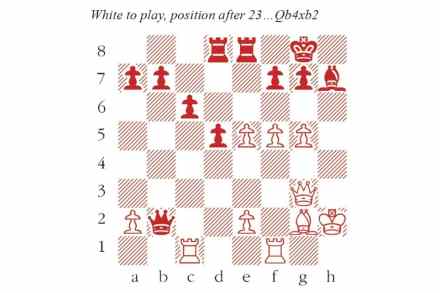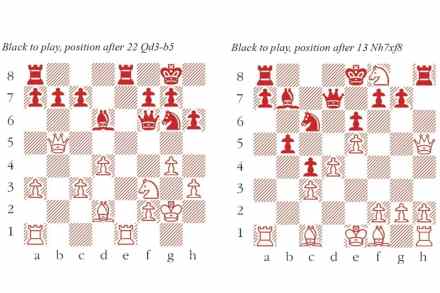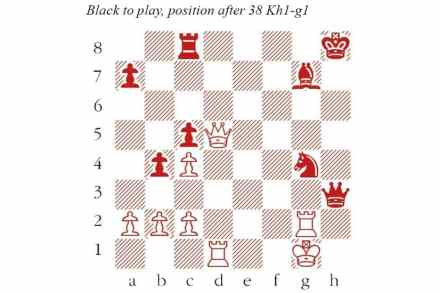Nepo’s playbook
Ian Nepomniachtchi is back for more. The former world championship challenger left his rivals in the dust at the Candidates tournament in Madrid, seizing victory with a round to spare. So he will once again challenge Magnus Carlsen, in a world championship match slated for 2023. Or will he? A few weeks after beating Nepomniachtchi




















